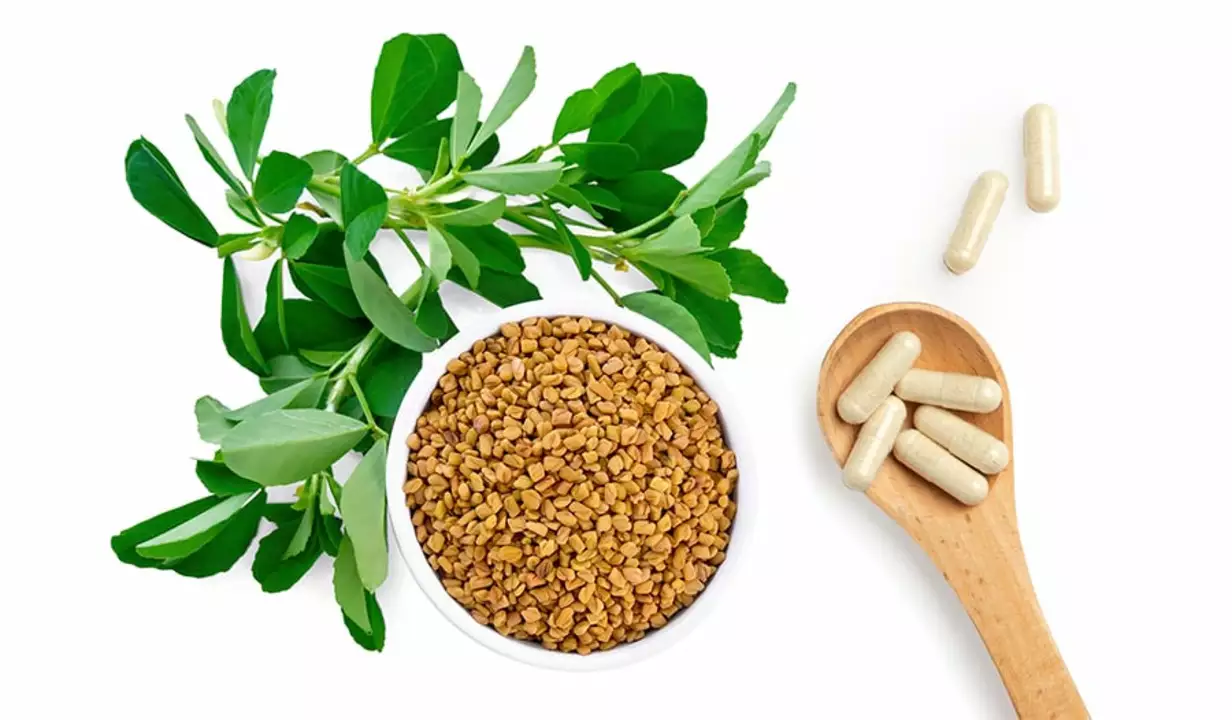Ancient Herb Essentials: Uses, Safety, and How to Choose
Some herbs used for centuries can still help you today, but they can also cause real harm if you treat them like candy. Learn which traditional plants people use, how to prepare them, and when to avoid them.
Why ancient herbs still matter
They often contain concentrated compounds that affect the body. Modern medicine has borrowed many active molecules from plants. That doesn’t mean every herb is safe. Traditional use gives clues, not a free pass. Use stories and lab tests together.
Start with purpose. Want immune support, joint relief, or better sleep? Match the herb to the need. For example, Jiaogulan is used as an adaptogen and antioxidant; Cherokee Rosehip adds vitamin C and joint-friendly nutrients; African wild potato is discussed for traditional uses but needs careful dosing and preparation. Read reliable writeups before trying.
How to choose and use them safely
Buy from reputable sellers. Look for batch testing, clear labeling, and country of origin. Avoid mixes that hide ingredients. If you gather wild plants, learn identification from a local expert — misidentification can be dangerous. Prefer standardized extracts when you need consistent dosing.
Mind drug interactions. Herbs like St. John’s wort, licorice, and others change how drugs work. If you take blood thinners, diabetes meds, or heart drugs, check interactions first. A pharmacist or doctor can run the check quickly.
Start with small doses. Herbal effects can be strong and vary by person. Try a low dose for several days and watch for side effects like stomach upset, rashes, sleep change, or mood shift. Stop if you feel worse.
Choose the right form. Teas work for gentle daily use. Tinctures and capsules concentrate actives and suit short-term needs. Topicals can target joints or skin. Read dosing guidance on the product label or reliable guides.
Pregnancy, breastfeeding, and children need extra caution. Many herbs are unsafe in these groups. Don’t assume natural equals safe.
Sustainability matters. Some ancient herbs are overharvested. Pick products that use cultivated plants or sustainable wild harvest practices. That protects biodiversity and future supply.
Keep records. Note what you tried, dose, start date, and effect. That helps you and your clinician track benefits or problems.
If you want deeper reading, check detailed articles on Jiaogulan, Cherokee Rosehip, and African wild potato for preparation tips and safety notes. When in doubt, ask a pharmacist or a healthcare provider who knows herbal medicine.
A few real examples: a common tea dose for Jiaogulan is one to two grams of dried leaf steeped five to ten minutes, taken once or twice daily. Rosehip powder often appears in 500 mg to one gram capsule doses for vitamin C support. African wild potato varies widely—traditional use often involves specific decoction steps and professional guidance. Don’t copy exact doses from forums; use a reliable source or product label. If you combine herbs, check cumulative effects like blood pressure or blood sugar changes. Start slow, track results, and ask a pro if unsure.

